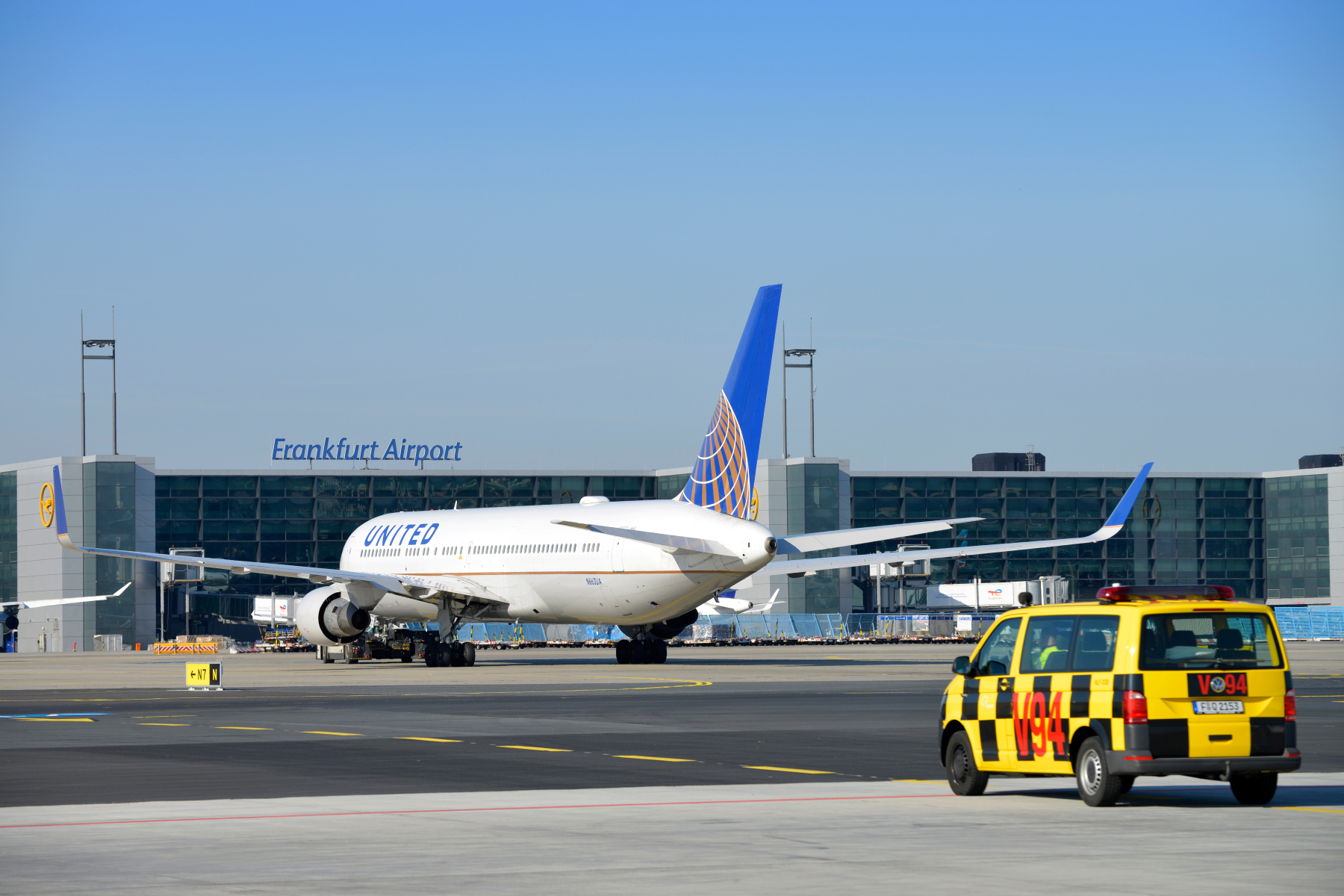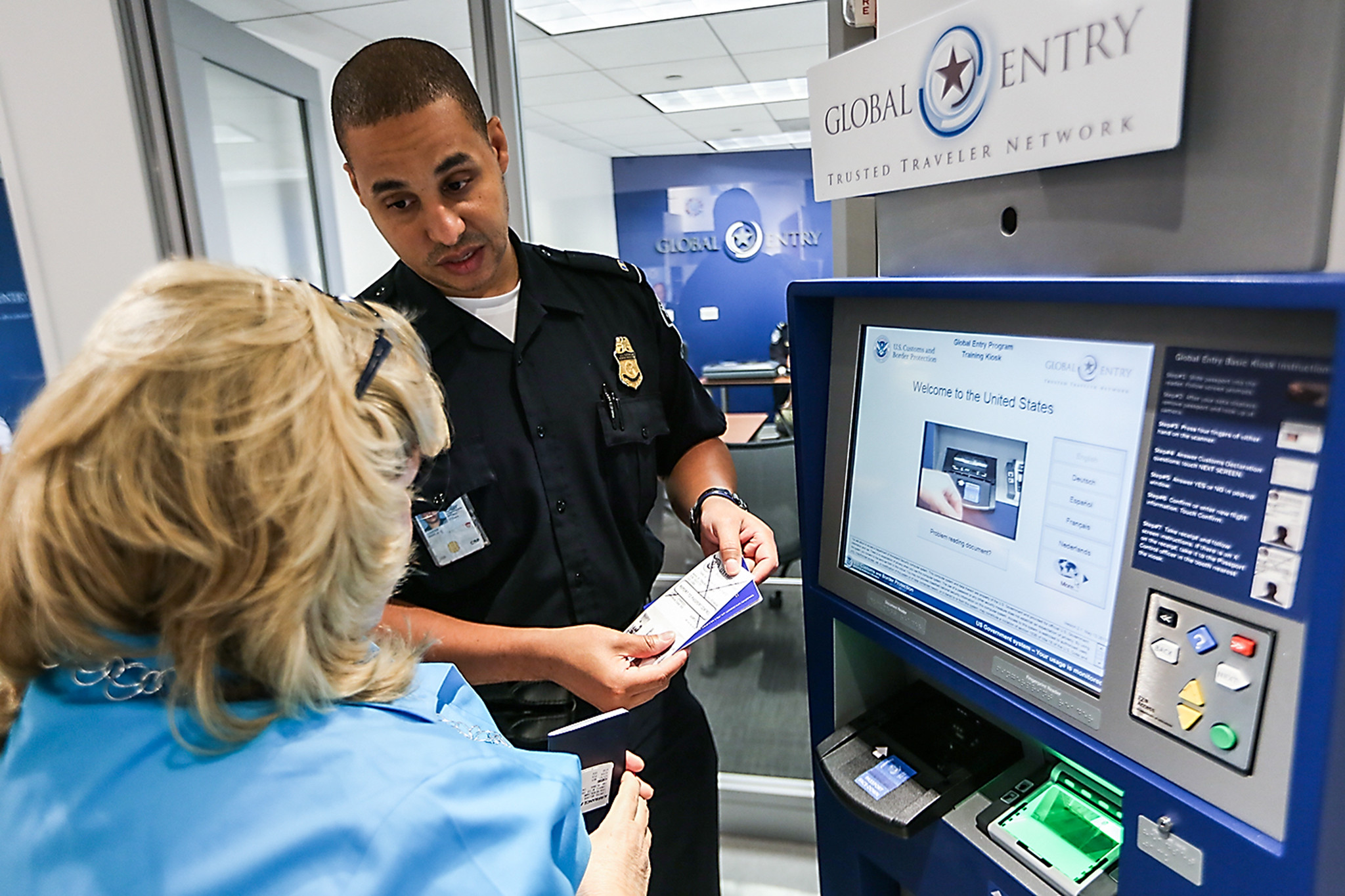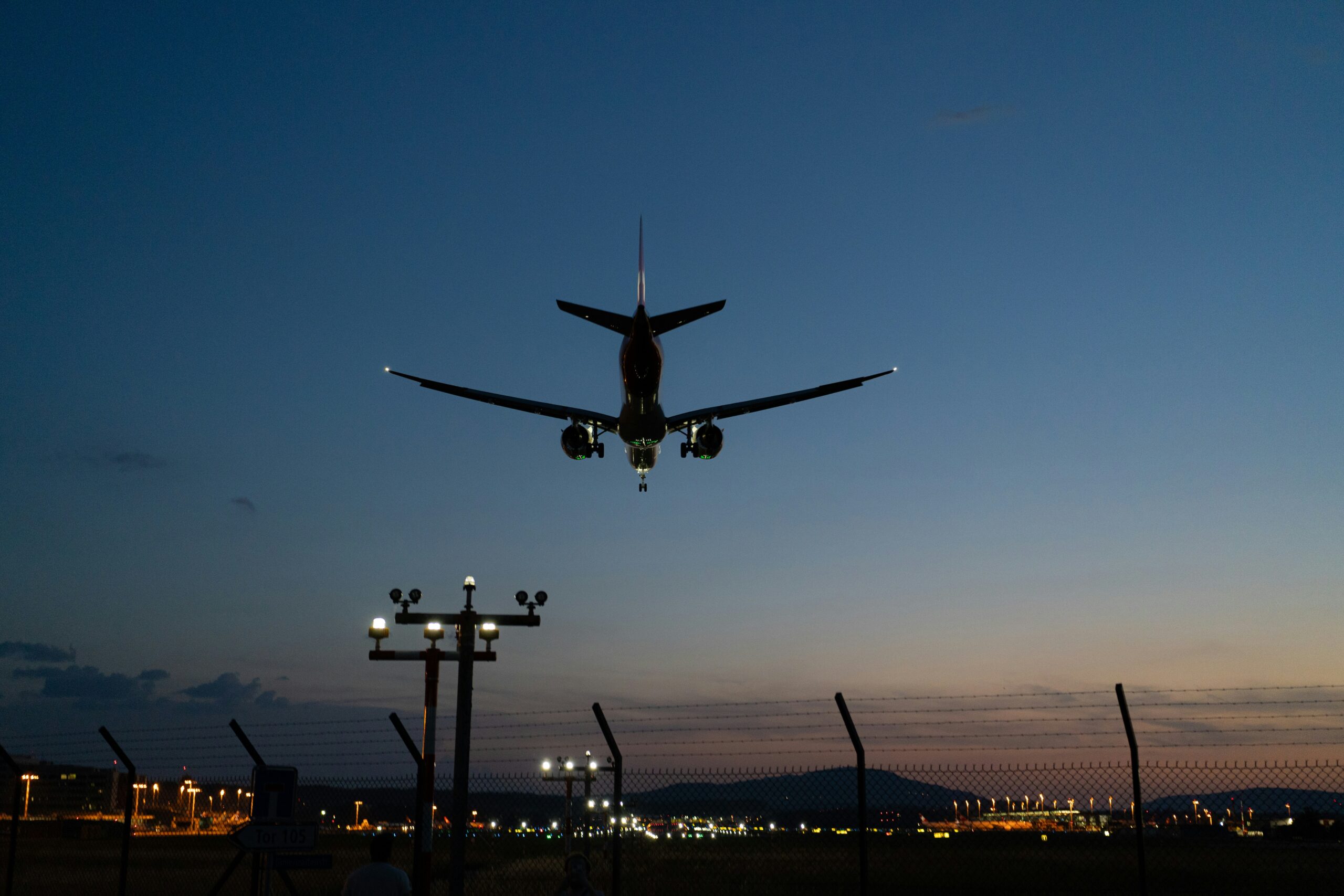European Travel to U.S. Plunges 17% as Immigration and Trade Tensions Bite
Airlines on both sides of the Atlantic have repeated warnings about falling demand for U.S. travel
by Fergus Cole
April 9, 2025

Photo: Courtesy of Ricardo Cruz / Unsplash
The fallout from the Trump Administration’s tough immigration stance and global trade war is hitting the U.S. travel industry hard. New data reveals that almost 200,000 fewer Europeans flew to the United States in March compared to the same month last year.
According to data from the U.S. International Trade Administration (ITA), just 846,577 Europeans arrived in the U.S. by air last month, representing a 17.4 percent drop—or around 178,000 fewer arrivals—compared to March 2024.
Impact of U.S. Immigration Policies
The three main European markets for U.S. travel—France, Germany, and the UK—saw significant traffic drops across the pond last month. The largest decline was seen in travelers from Germany, with a 29 percent decrease compared to the previous year. The number of visitors from the UK and France fell by 15 percent and 5 percent, respectively.

Photo: United Airlines, Boeing 767-300ER. Courtesy of Fraport – Frankfurt Airport
The number of travelers arriving from Asia also dropped in March but at a lower rate of just 3.4 percent. The number of foreign arrivals in the U.S. fell by 11.6 percent in March compared to last year, although the figures don’t include arrivals from Canada or land crossings from Mexico.
Comparative Analysis of Travel Declines
While it’s worth noting that this significant drop in foreign visitors can partly be blamed on this year’s late Easter, which falls on April 20 compared to March 31 in 2024, this is far from the primary reason.
According to analysts, travelers across the world are reconsidering their travel plans to the U.S., having been put off by the Trump Administration’s aggressive policies on immigration and trade, compounded by reports of European citizens being detained at airports and denied entry to the U.S.

Photo: Courtesy of CBP.gov
“The data is the latest indication that President Trump’s trade war and hard-line immigration approach, including with longtime allies, is having a tangible effect on travel to the U.S.,” wrote aviation journalist Edward Russell for The Points Guy. “Reports of French and German nationals either being held at the border or denied entry have also eroded travel sentiment.”
Russell also suggested that Canadians were shunning travel to the U.S. for similar reasons, citing the fact that the number of Canadians booking flights to the U.S. fell by more than 70 percent after Trump floated the idea of annexing Canada as the ’51st state.’
Economic Implications for the Industry
Airline bosses on both sides of the Atlantic have also raised concerns over the falling demand for travel to the U.S. Major U.S. carriers American Airlines, Delta Air Lines, and Southwest Airlines have all recently cut their earnings forecasts for 2025 due to weaker-than-normal demand, while several European airlines have said they’re keeping a close eye on the transatlantic market.
“It’s concerning for us,” said Ben Smith, CEO of Air France-KLM, at an industry event at the end of March. “We are studying it, looking at it, watching it—as we do all markets—very, very closely.”

Photo: Ben Smith. Courtesy of Air France-KLM
Oli Byers, CFO of Virgin Atlantic, commented: “In the last few weeks, we have started to see some signals that U.S. demand has been slowing.”
Meanwhile, Sir Tim Clark, president of Emirates and one of the most respected figures in the aviation industry, has warned of troubles ahead not only for the airline industry but for the global economy as a whole.
“Right now, at this moment, we are in troubled times,” Clark told CNBC. “The U.S. domestic market for the big three over there is facing difficulties.”
However, he also said that Emirates and other global carriers are in a good position to emerge strongly from the economic challenges.
“It’s early days to see what effect the resetting of the terms of trade will have on the global economy and, ergo, discretionary demand for leisure travel,” he said. “Business models like Emirates, given the international scope of what it does, the strength of what it does, will be able to ride this particular wave.”
Future Outlook
Seth Borko, head of research at Skift, warned that while the travel industry is resilient to economic shocks, it is still vulnerable to macroeconomic influences.
“Skift Research believes that travel has become more recession-resistant over the past decade,” he said. “Travel is the single most aspirational purchase one can make. It is key to family connection, business ties, and the modern experience economy. But make no mistake: Travel is still not recession proof.”

Photo: Courtesy of Joel Ambass / Unsplash
Carlos Cendra, partner and communications director at global travel intelligence firm Mabrian, echoed those sentiments, saying: “While travel demand is always capable of being resilient, sudden policy shifts or added difficulties to visit the country project a less-friendly image of the U.S. as a destination, which might influence travel intent in the short and medium term.”
Despite the sudden drop in demand for travel to the U.S. in recent weeks, airlines on both sides of the Atlantic have plans to expand their transatlantic networks this summer. According to Cirium, the total number of seats between the U.S. and Western Europe from April through September is up 4.2 percent compared to the same period in 2024.
“Airlines are likely hesitant to cut schedules this summer when transatlantic travel peaks in case the drop in European travel to the U.S. proves transitory,” wrote Russell. “Another possible scenario is that westbound travel by Americans to Europe counteracts the drop in eastbound travelers.”




